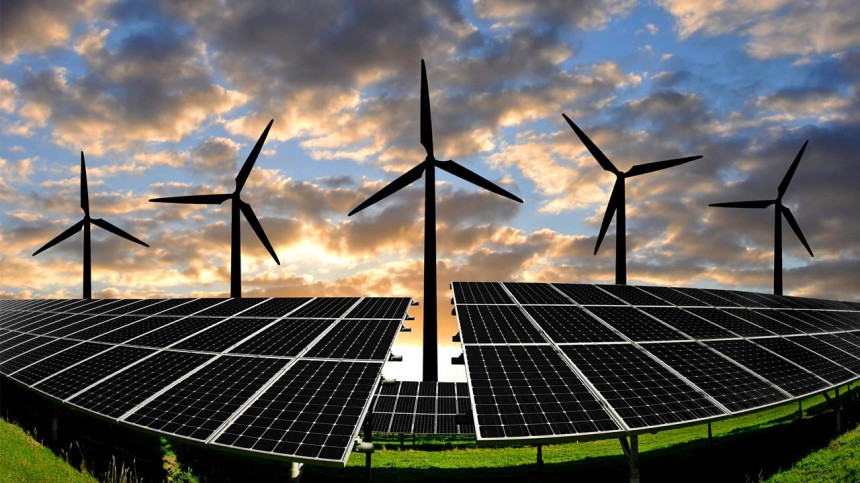
This year will mark a watershed in the climate change and development agendas. So the debate between leading public and private sector that have occurred at the annual meeting of the World Economic Forum in Davos, Switzerland, have focused on the role of energy in the transformation of our growth model. Four days in Davos have led me to four conclusions about the current state of climate change and the role of energy.
The maturity of renewable energies
Solar and wind energy technologies are no longer marginal. Investment is increasing and in 2014 reached 312.000 million, 16% more than in 2013. Costs are declining steadily. The new record came a few weeks ago when the Electricity Authority and the Dubai Water approved a tender for 100 MW of solar energy to 5.98 cents per kWh, offered by the Saudi conglomerate ACWA. Maybe even more impressive is the fact that this project is part of a planned solar installation of 1,000 MW. Storage technology for this energy has also advancing rapidly as has the knowledge about their incorporation into the electricity grid. During the past three years, the rate of growth of solar and wind power plants has not been linear, but exponential and the trend continues. The drop in oil prices has had a significant impact on renewable energy. This is not so much to direct competition from renewables to either gas or oil, rather that is because renewables are increasingly valued as a source of zero energy cost compared to fuel prices fossil characterized by a constant volatility.
A critical moment for fossil fuels
The drop in oil prices is a clear wake-up call for the fossil fuels companies who see the tar sands projects are becoming expensive, and the deepwater and Arctic projects are priced outside the market. In recent months, the press has reported that at least five major oil companies have abandoned high cost projects. The latest victims were several Arctic exploration concessions that were returned to Greenland last week. The risk that assets become obsolete is no longer just an academic debate, but a reality for shareholders. In addition, some countries subsidize fossil fuels are taking advantage of falling prices to reduce or eliminate subsidies, using those budget savings for other social needs. Oil will go through a bad time when prices recover and be without subsidies while, on the other hand, prices of solar and wind energy are cheaper. Already last year, the stock exchange index that excludes fossil known as FFIUS companies, outperformed the S & P 500 by 1.5%. Oil and gas could be facing a "Kodak moment" and only those companies that go with the trend and change will be able to conduct an orderly and cost-effective transition.







